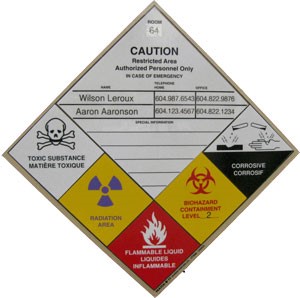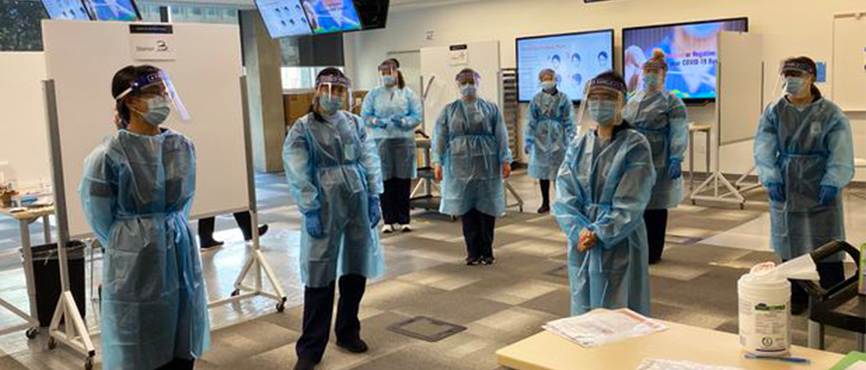Hazards of concern
Being informed and equipped with the right knowledge, plans, and supplies is essential for effectively responding to any emergency. This not only strengthens our community’s ability to respond and recover but also provides you with greater confidence during a crisis. To help reduce the impact of emergencies on students, faculty, staff, visitors, infrastructure, and the environment, we encourage regular practice of emergency response actions, so you’re not just prepared, but ready to respond.

Active threat
In the event of an active threat, there are three basic response options to protect your personal safety — Run, Hide, Fight.

Bomb threat
Take immediate action when you receive a bomb threat and learn how to gather information to report to authorities.

Earthquake
Learn how to prepare for earthquakes before they happen and what to do during and after you experience one.

Evacuation
Learn about evacuation orders and how to respond quickly and confidently to them for your safety.

Extreme weather
Includes extreme heat, drought, winter weather and storms, and windstorms.

Hazardous material
Includes chemicals, radiation, biohazard materials, oil and gas, propane, flammable materials, industrial products, and mixed waste.

Pandemic
During a pandemic, form healthy habits, reduce contact, stay informed, seek medical advice, and travel appropriately.

Power outage
Includes information about power outages and what to do in the event of one at UBC.

Shelter-in-place
Includes information on how to seek and share shelter, seal the space, and stay calm, alert, and informed.

Suspicious object
Safety steps for when you encounter a suspicious object or package on campus.

Tsunami
Learn about the different types of tsunami alerts, how to prepare yourself, and what to do after one.
Did you find what you were looking for?
Thanks for your response! If you'd like to share further feedback, please take our survey.
Didn’t find what you were looking for? We’d like to hear from you! Share your thoughts by taking our survey.
